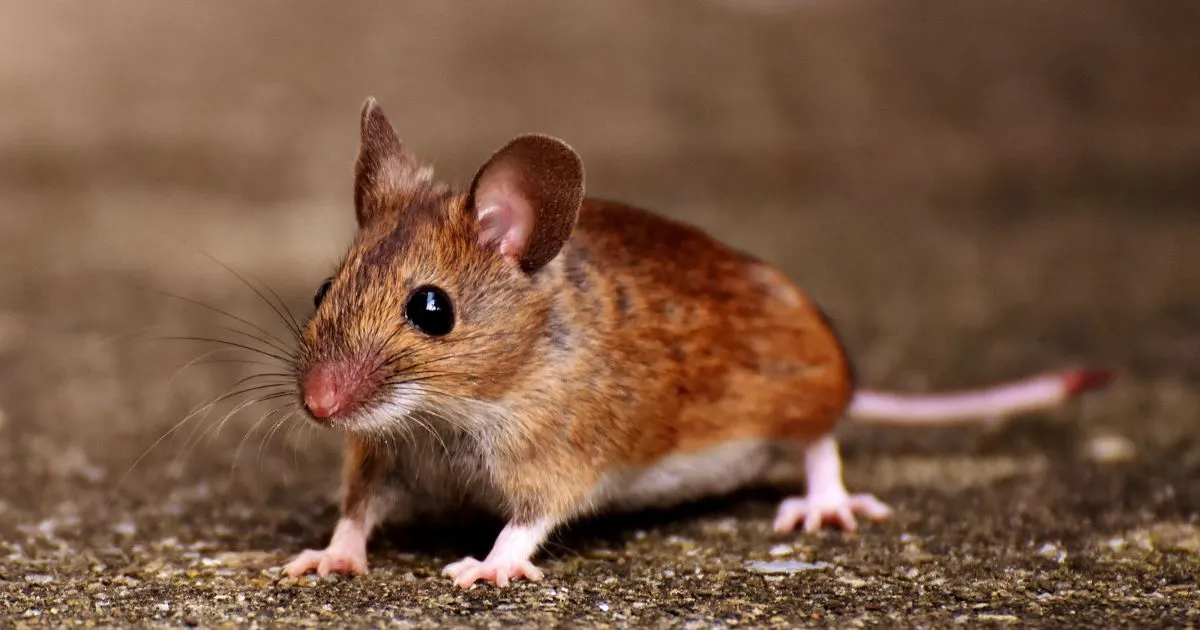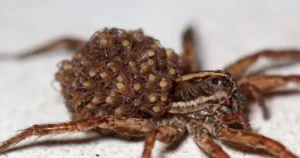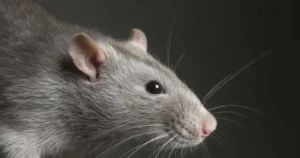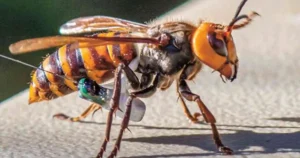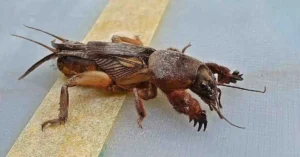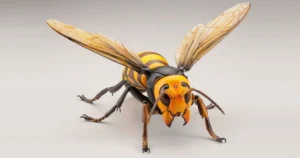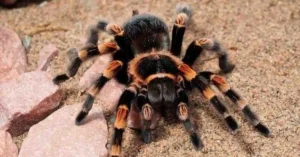Mice are more than a nuisance—they pose serious risks to your health, property, and overall well-being. They can gnaw through walls, damage wiring (leading to fire hazards), contaminate food, and spread diseases such as Hantavirus and Salmonellosis.
Whether you’re dealing with a minor mouse problem or a severe infestation, acting swiftly and effectively is essential.In this article, we’ll explore the five most effective ways to eliminate mice and prevent them from re-entering your home. Implementing these strategies will safeguard your home and create a mouse-free environment.
Identifying a Mouse Infestation
Recognizing the signs of a mouse infestation is the first step to effective control. Here’s how to identify their presence:
Common Indicators:
- Droppings: Small, dark, rod-shaped droppings near food, under sinks, or along walls.
- Gnaw Marks: Chewed furniture, wires, or cardboard.
- Nesting Materials: Shredded paper, fabric, or insulation in hidden corners.
- Scratching Sounds: Noises in walls or ceilings, especially at night.
- Tracks and Smudges: Footprints or grease marks along walls.
If any of these signs are present, it’s time to implement a strategy for removal.
1. Seal All Entry Points
Mice can squeeze through openings as small as a dime. Blocking their access to your home is a crucial step in control and prevention.
Steps to Seal Your Home:
- Inspect for Openings: Check for cracks, gaps, and holes around your home’s foundation, windows, and doors.
- Use Durable Materials: Seal small holes with steel wool and cover larger gaps with a combination of caulk and mesh.
- Install Door Sweeps: Prevent entry under exterior doors with rubber or brush sweeps.
- Repair Screens and Vents: Fix damaged screens and ensure vents are properly sealed.
Regularly inspect and maintain these barriers to ensure mice cannot regain access.
2. Remove Attractants
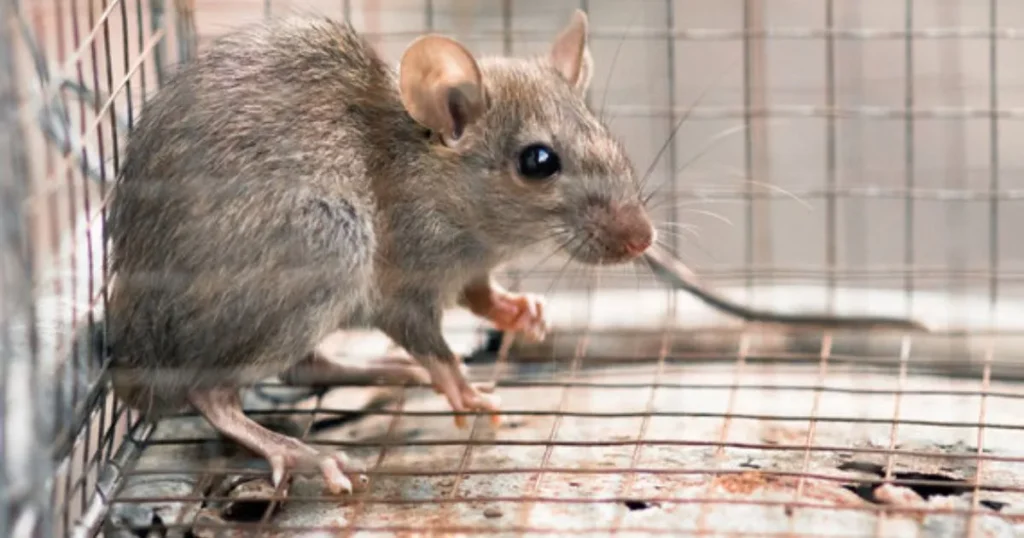
Mice are opportunistic feeders and will invade homes with accessible food, water, and shelter. Eliminating these attractants will make your home less appealing.
Food Storage Tips:
- Store all food in airtight containers.
- Clean up crumbs, spills, and dirty dishes immediately.
- Dispose of trash in bins with tight-fitting lids.
- Keep pet food sealed and off the floor.
Manage Water Sources:
- Repair leaky faucets and pipes.
- Eliminate standing water inside and around your home.
- Empty pet water bowls overnight.
Decluttering your living spaces, especially basements and attics, also limits nesting opportunities.
3. Use Traps and Baits
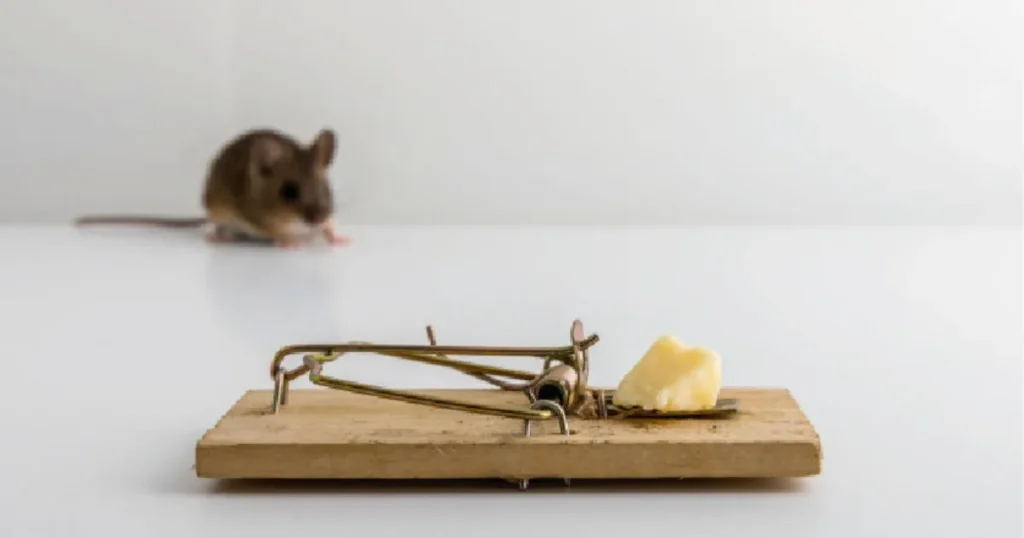
Trapping is one of the most effective ways to eliminate mice, especially when done strategically.
Types of Mouse Traps:
- Snap Traps: These are quick and effective. Bait them with peanut butter or chocolate for the best results.
- Glue Boards: Useful in small spaces, but less humane as they cause prolonged distress.
- Live Traps: Allow for catch-and-release, though this requires releasing mice far from your property.
Tips for Effective Trapping:
- Place Traps Strategically: Set traps along walls and in areas where droppings or activity are observed.
- Use the Right Bait: Peanut butter, seeds, or small chunks of cheese are highly effective.
- Check Traps Regularly: Remove captured mice promptly to maintain hygiene.
For larger infestations, consider using poison baits, but only as a last resort and with caution, especially if pets or children are present.
4. Natural and Chemical Repellents

Repellents can help deter mice, especially when combined with other strategies. Both natural and chemical options are available.
Natural Repellents:
- Peppermint Oil: Mice dislike the strong smell. Soak cotton balls in peppermint oil and place them near entry points.
- Cayenne Pepper: Sprinkle around areas where mice are likely to travel.
- Clove Oil: Similar to peppermint, clove oil acts as a deterrent.
Chemical Options:
- Commercial Sprays: Available at hardware stores, these sprays create an unpleasant environment for mice.
- Ultrasonic Devices: These emit high-frequency sound waves that repel rodents but are safe for humans and pets.
While repellents are not a standalone solution, they can complement your trapping and prevention efforts effectively.
5. Maintain a Clean and Organized Environment
Mice thrive in cluttered, unclean spaces. Regular cleaning and organization disrupt their nesting habits and make your home less inviting.
Cleaning Tips:
- Vacuum and sweep floors regularly.
- Dispose of old newspapers, cardboard boxes, and unused items.
- Store firewood and yard debris at least 20 feet from your home.
Keeping your living spaces tidy minimizes hiding spots and reduces the likelihood of infestations.
Why Professional Pest Control Might Be Necessary
In some cases, a DIY approach may not be enough to handle a severe infestation. Pest control professionals offer specialized expertise and equipment to eliminate rodents effectively.
Benefits of Professional Services:
- Comprehensive inspections to identify all entry points and nesting areas.
- Targeted treatments tailored to the severity of the infestation.
- Long-term monitoring and prevention strategies.
If DIY methods fail to resolve the issue, consider contacting a licensed pest control company to ensure the problem is dealt with thoroughly.
Conclusion
Mice infestations are not only inconvenient but can also pose significant health and safety risks. By identifying signs of infestation, sealing entry points, removing attractants, using traps and repellents, and maintaining a clean home, you can effectively eliminate these pests and prevent their return. For severe cases, professional pest control services offer an efficient and lasting solution.
A proactive approach ensures your home remains safe, healthy, and rodent-free.
FAQs
1. What is the most humane way to get rid of mice?
Using live traps allows you to catch mice and release them far from your home. Ensure release is at least a mile away to prevent their return.
2. How do I prevent mice in my kitchen?
Store all food in airtight containers, clean counters and floors regularly, and ensure trash cans have tight-fitting lids. Also, seal any cracks or gaps around the kitchen.
3. Are ultrasonic repellents effective against mice?
Ultrasonic repellents can be effective in deterring mice temporarily. However, they work best when combined with trapping and sealing entry points.
4. Can mice carry diseases harmful to humans?
Yes, mice can transmit diseases like Hantavirus, Salmonellosis, and Leptospirosis. Their droppings, urine, and nesting materials can also trigger allergies and asthma.

James William is a passionate animal lover and expert in the Animals and Pets niche. With years of experience in pet care, wildlife studies, and blogging, James shares practical tips, heartwarming stories, and expert advice to help pet owners build stronger bonds with their furry, feathered, and scaly companions.
